
Creating the conditions for success through effective mentorship

Allan Colbern - Outstanding Faculty Mentor awardee spotlights

Arvind Varsani - Outstanding Faculty Mentor awardee spotlights

Cindi SturtzSreetharan - Outstanding Faculty Mentor awardee spotlights

Amy Markos - Outstanding Faculty Mentor awardee spotlights
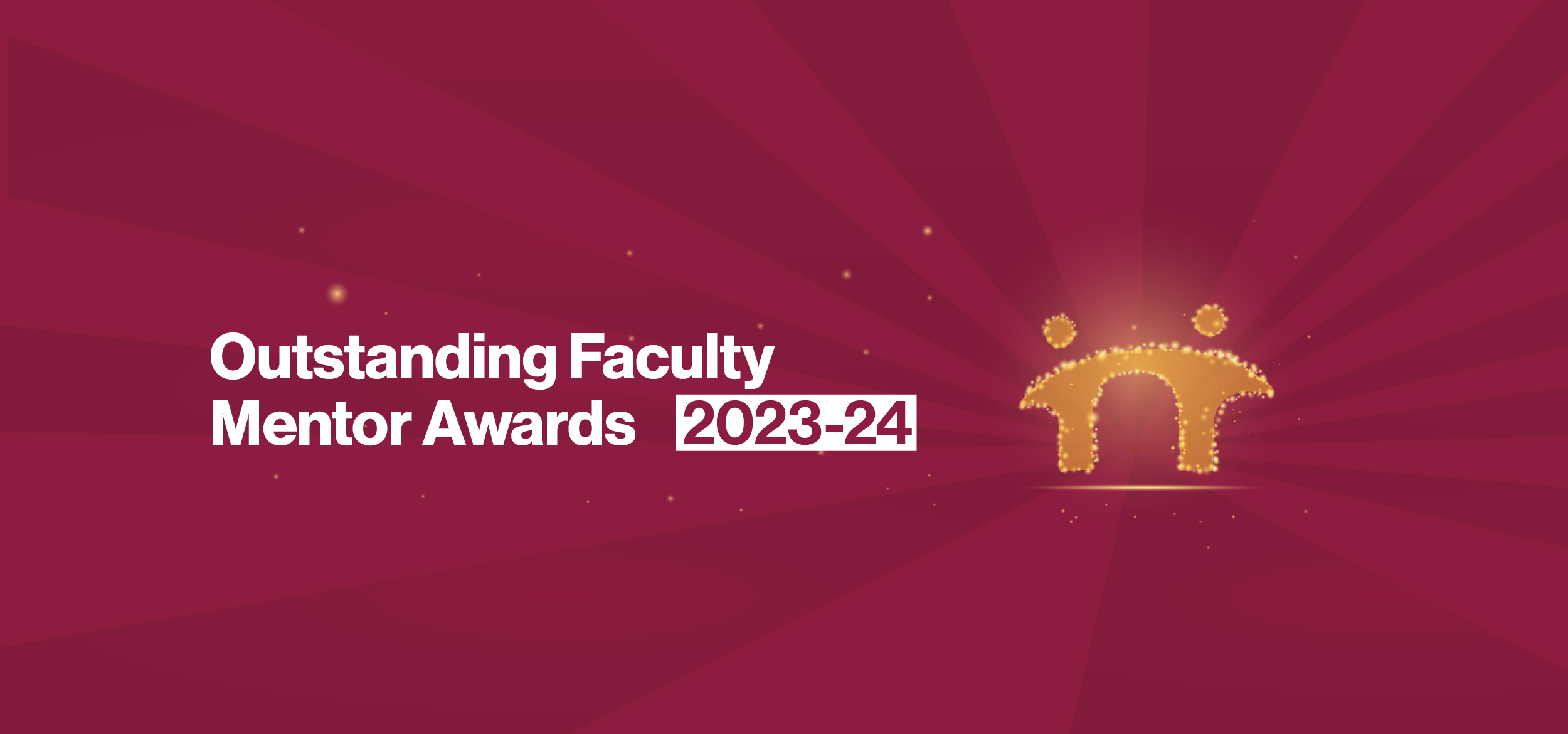
Outstanding Faculty Mentor awardee spotlights

The power of mentorship in graduate school success
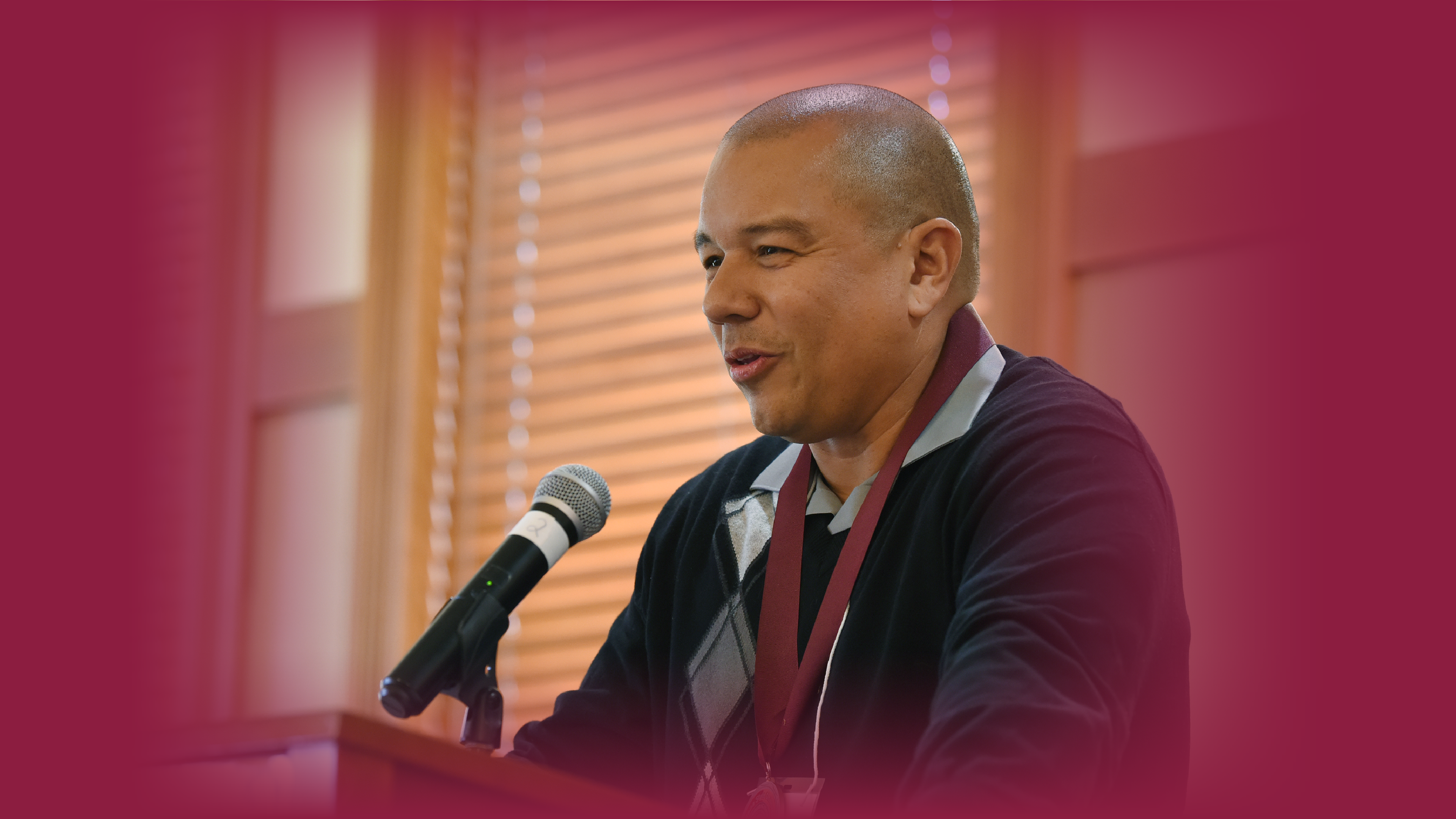
Beyond research and methodology: Outstanding Faculty Mentor Awards recipient explores the holistic side of graduate mentorship
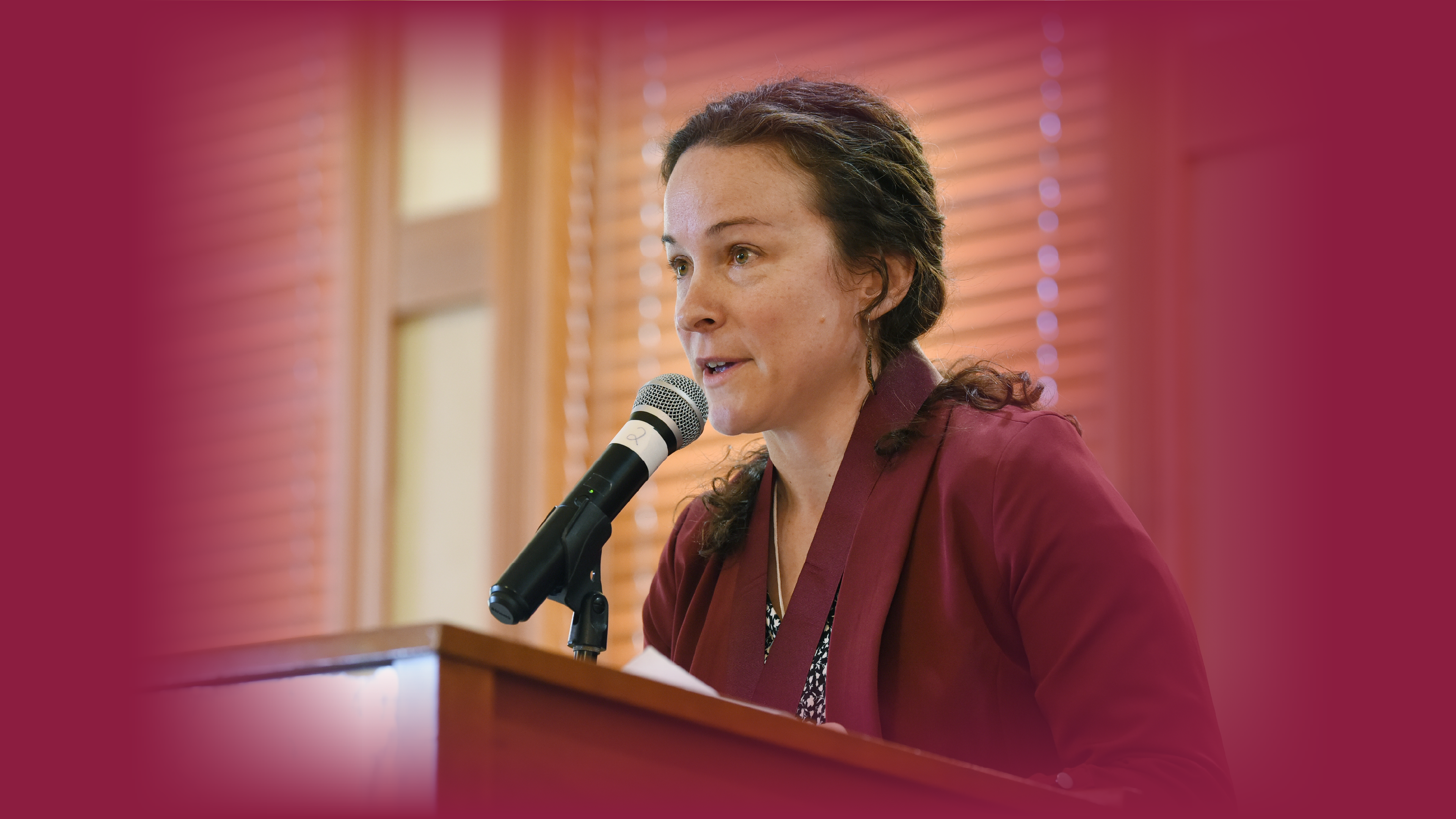
Outstanding Faculty Mentor Awards honoree on how collaboration in mentorship is essential to community-building

Outstanding Faculty Mentor Awards honoree strives to give voice to the voiceless
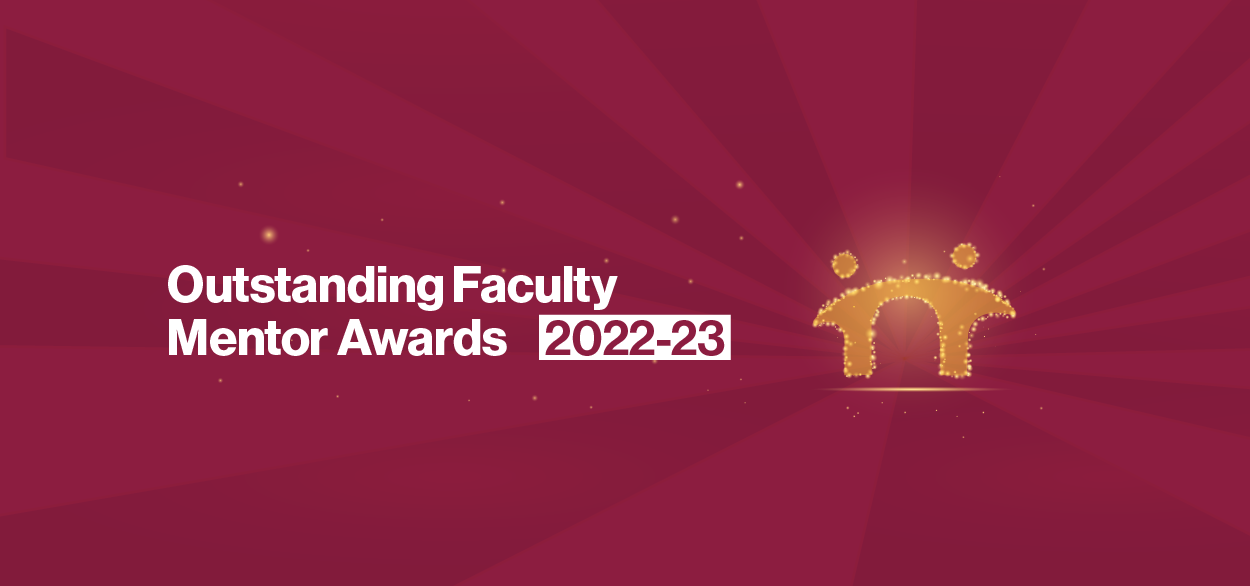
OFMA honorees awarded for their impact on student mentorship
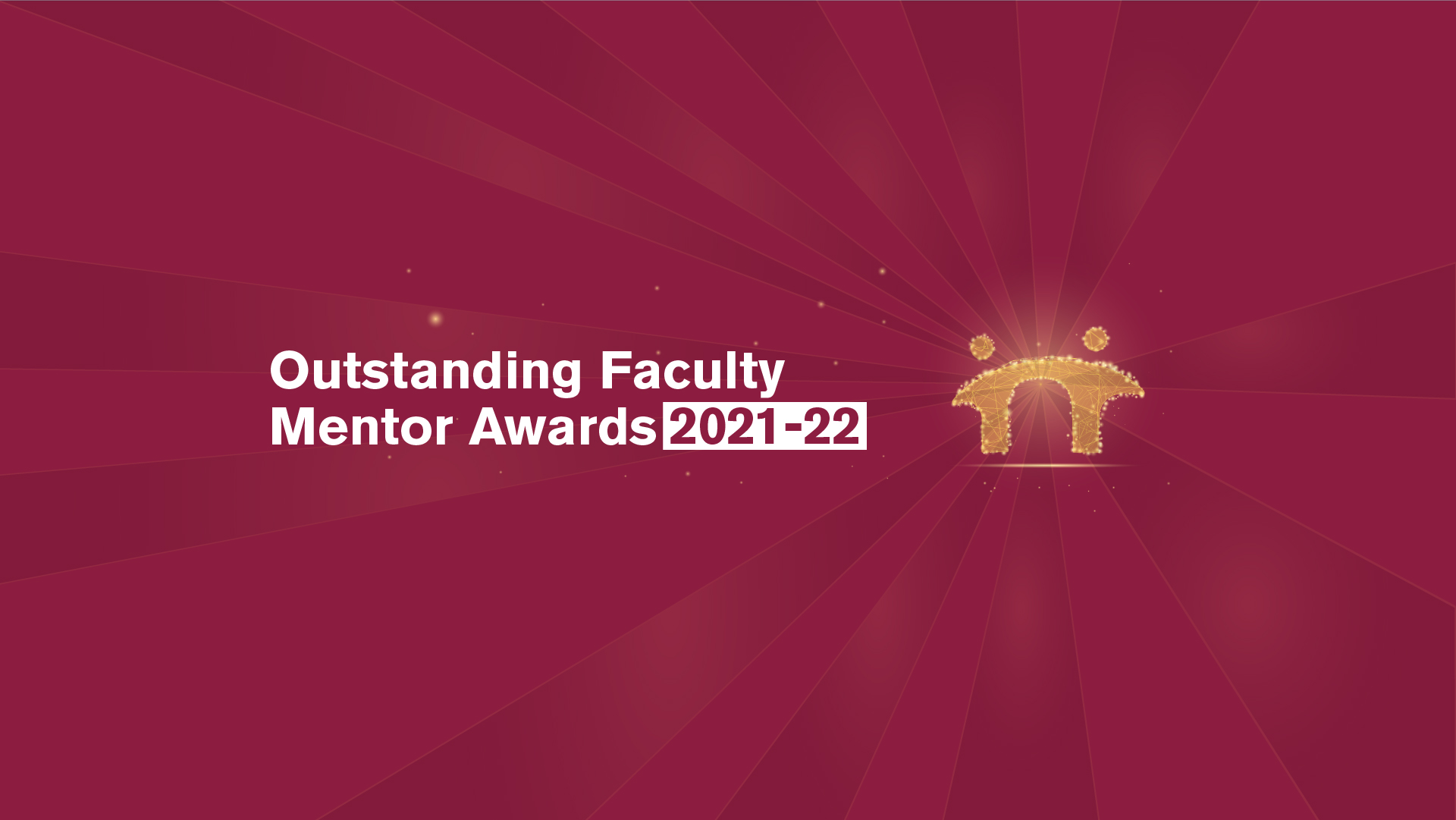
Outstanding Faculty Mentor Awardees reflect on mentorship
The Graduate College honored four ASU graduate professors at the 35th annual Outstanding Faculty Mentor Awards

ASU doctoral student Mara Lopez advocates for equitable classrooms
Best Practice: Making the peer mentoring connection
Graduate school is designed to challenge and expose students to multiple perspectives. It can represent a paradigm shift for many new students acclimating to new programs, departments, and communities. Achieving work-life balance, developing and maintaining relationships are stressors that can become barriers to academic success. Having positive mentoring relationships can help you navigate these challenges.
Intentional conversations
Mentoring is a relationship entailing formal or informal processes whereby a mentor provides intentional guidance, motivation, and encouragement. Mentors also share knowledge, experiences, and perspectives to empower the mentee in the advancement of specific goals that improve their lives and careers. Mentorship allows both mentor and mentee to build networks of resources, develop best practices, and sustain connections for lifelong learning.
Nine best practices for mentors
Mentoring is a relationship entailing formal or informal processes whereby a mentor provides intentional guidance, motivation, and encouragement. Mentors also share knowledge, experiences, and perspectives to empower the mentee in the advancement of specific goals that improve their lives and careers. Mentorship allows both mentor and mentee to build networks of resources, develop best practices, and sustain connections for lifelong learning.
Initiating mentoring relationships
Mentoring is a relationship entailing formal or informal processes whereby a mentor provides intentional guidance, motivation, and encouragement. Mentors also share knowledge, experiences, and perspectives to empower the mentee in the advancement of specific goals that improve their lives and careers. Mentorship allows both mentor and mentee to build networks of resources, develop best practices, and sustain connections for lifelong learning.
Goal setting
Mentoring is a relationship entailing formal or informal processes whereby a mentor provides intentional guidance, motivation, and encouragement. Mentors also share knowledge, experiences, and perspectives to empower the mentee in the advancement of specific goals that improve their lives and careers. Mentorship allows both mentor and mentee to build networks of resources, develop best practices, and sustina connections for lifelong learning.
Creating a mentoring agreement
Mentoring is a relationship entailing formal or informal processes whereby a mentor provides intentional guidance, motivation, and encouragement. Mentors also share knowledge, experiences, and perspectives to empower the mentee in the advancement of specific goals that improve their lives and careers. Mentorship allows both mentor and mentee to build networks of resources, develop best practices and sustain connections for lifelong learning.